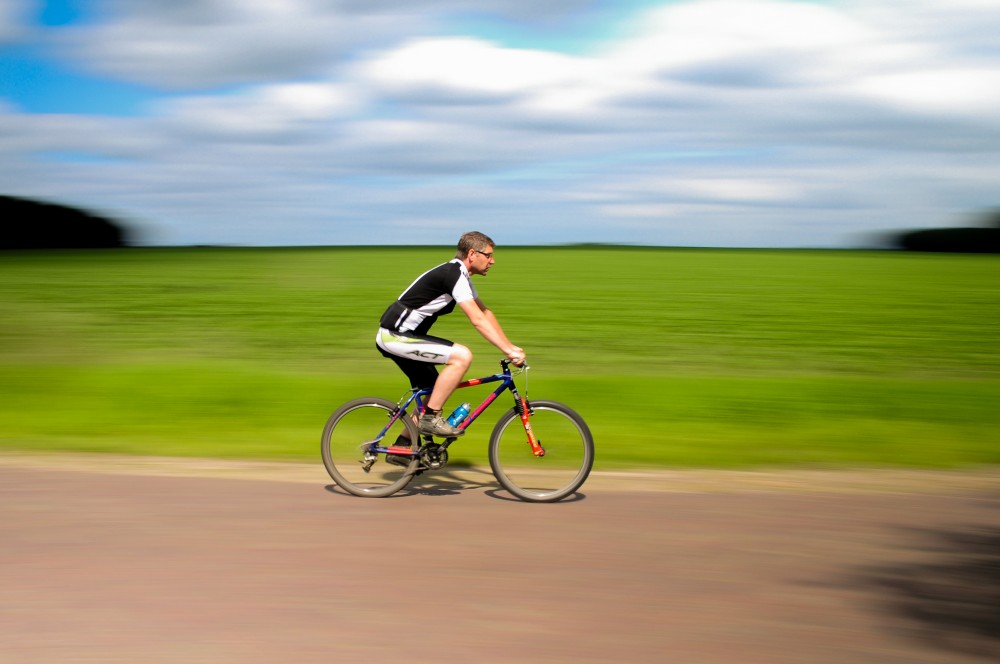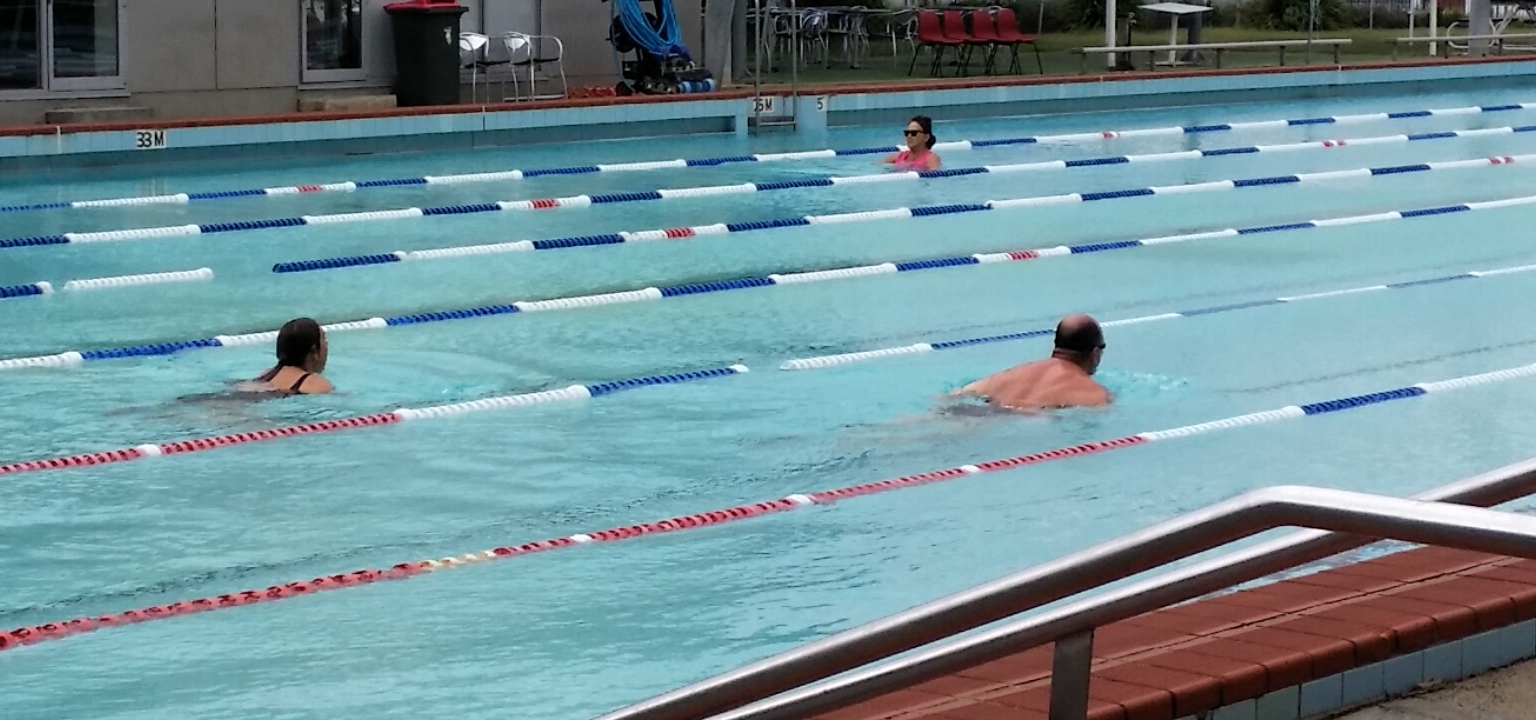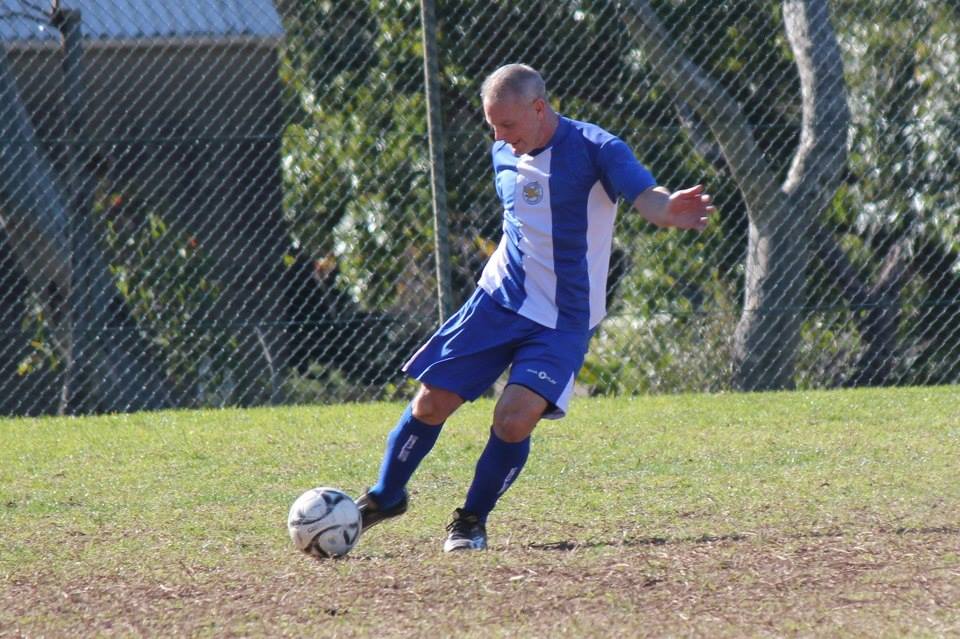Everyone knows that regular exercise is good for the body. But exercise is also one of the most effective ways to improve your mental health.
Regular exercise can have a profoundly positive impact on depression, anxiety, ADHD, and more. It also relieves stress, improves memory, helps you sleep better, and boosts overall mood. And you don’t have to be a fitness fanatic to reap the benefits. Research indicates that modest amounts of exercise can make a difference. No matter your age or fitness level, you can learn to use exercise as a powerful tool to feel better.
What are the mental health benefits of exercise?
Exercise is not just about aerobic capacity and muscle size. Sure, exercise can improve your physical health and your physique, trim your waistline, improve your sex life, and even add years to your life. But that’s not what motivates most people to stay active.
People who exercise regularly tend to do so because it gives them an enormous sense of well-being. They feel more energetic throughout the day, sleep better at night, have sharper memories, and feel more relaxed and positive about themselves and their lives. And it’s also powerful medicine for many common mental health challenges.
Exercise and depression
Studies show that exercise can treat mild to moderate depression as effectively as antidepressant medication—but without the side-effects, of course. In addition to relieving depression symptoms, research also shows that maintaining an exercise schedule can prevent you from relapsing.
Exercise is a powerful depression fighter for several reasons. Most importantly, it promotes all kinds of changes in the brain, including neural growth, reduced inflammation, and new activity patterns that promote feelings of calm and well-being. It also releases endorphins, powerful chemicals in your brain that energize your spirits and make you feel good. Finally, exercise can also serve as a distraction, allowing you to find some quiet time to break out of the cycle of negative thoughts that feed depression.
Exercise and anxiety
Exercise is a natural and effective anti-anxiety treatment. It relieves tension and stress, boosts physical and mental energy, and enhances well-being through the release of endorphins. Anything that gets you moving can help, but you’ll get a bigger benefit if you pay attention instead of zoning out.
Try to notice the sensation of your feet hitting the ground, for example, or the rhythm of your breathing, or the feeling of the wind on your skin. By adding this mindfulness element—really focusing on your body and how it feels as you exercise—you’ll not only improve your physical condition faster, but you may also be able to interrupt the flow of constant worries running through your head.
Exercise and stress
Ever noticed how your body feels when you’re under stress? Your muscles may be tense, especially in your face, neck, and shoulders, leaving you with back or neck pain, or painful headaches. You may feel a tightness in your chest, a pounding pulse, or muscle cramps. You may also experience problems such as insomnia, heartburn, stomachache, diarrhea, or frequent urination. The worry and discomfort of all these physical symptoms can in turn lead to even more stress, creating a vicious cycle between your mind and body.
Exercising is an effective way to break this cycle. As well as releasing endorphins in the brain, physical activity helps to relax the muscles and relieve tension in the body. Since the body and mind are so closely linked, when your body feels better so, too, will your mind.
Exercise and ADHD
Exercising regularly is one of the easiest and most effective ways to reduce the symptoms of ADHD and improve concentration, motivation, memory, and mood. Physical activity immediately boosts the brain’s dopamine, norepinephrine, and serotonin levels—all of which affect focus and attention. In this way, exercise works in much the same way as ADHD medications such as Ritalin and Adderall.
Exercise and PTSD and trauma
Evidence suggests that by really focusing on your body and how it feels as you exercise, you can actually help your nervous system become “unstuck” and begin to move out of the immobilization stress response that characterizes PTSD or trauma. Instead of thinking about other things, pay close attention to the physical sensations in your joints and muscles, even your insides as your body moves. Exercises that involve cross movement and that engage both arms and legs—such as walking (especially in sand), running, swimming, weight training, or dancing—are some of your best choices.
Outdoor activities like hiking, sailing, mountain biking, rock climbing, whitewater rafting, and skiing (downhill and cross-country) have also been shown to reduce the symptoms of PTSD.
Other mental and emotional benefits of exercise
- Sharper memory and thinking. The same endorphins that make you feel better also help you concentrate and feel mentally sharp for tasks at hand. Exercise also stimulates the growth of new brain cells and helps prevent age-related decline.
- Higher self-esteem. Regular activity is an investment in your mind, body, and soul. When it becomes habit, it can foster your sense of self-worth and make you feel strong and powerful. You’ll feel better about your appearance and, by meeting even small exercise goals, you’ll feel a sense of achievement.
- Better sleep. Even short bursts of exercise in the morning or afternoon can help regulate your sleep patterns. If you prefer to exercise at night, relaxing exercises such as yoga or gentle stretching can help promote sleep.
- More energy. Increasing your heart rate several times a week will give you more get-up-and-go. Start off with just a few minutes of exercise a day, and increase your workout as you feel more energized.
- Stronger resilience. When faced with mental or emotional challenges in life, exercise can help you cope in a healthy way, instead of resorting to alcohol, drugs, or other negative behaviors that ultimately only make your symptoms worse. Regular exercise can also help boost your immune system and reduce the impact of stress.
Reaping the mental health benefits of exercise is easier than you think
Wondering just how active you need to be to get a mental health boost? It’s probably not as much as you think. You don’t need to devote hours out your busy day, train at the gym, sweat buckets, or run mile after monotonous mile. You can reap all the physical and mental health benefits of exercise with 30-minutes of moderate exercise five times a week. Two 15-minute or even three 10-minute exercise sessions can also work just as well.
Even a little bit of activity is better than nothing
If that still seems intimidating, don’t despair. Even just a few minutes of physical activity are better than none at all. If you don’t have time for 15 or 30 minutes of exercise, or if your body tells you to take a break after 5 or 10 minutes, for example, that’s okay, too. Start with 5- or 10-minute sessions and slowly increase your time. The more you exercise, the more energy you’ll have, so eventually you’ll feel ready for a little more. The key is to commit to do some moderate physical activity—however little—on most days. As exercising becomes habit, you can slowly add extra minutes or try different types of activities. If you keep at it, the benefits of exercise will begin to pay off.
You don’t have to suffer to get results
Research shows that moderate levels of exercise are best for most people. Moderate means:
- That you breathe a little heavier than normal, but are not out of breath. For example, you should be able to chat with your walking partner, but not easily sing a song.
- That your body feels warmer as you move, but not overheated or very sweaty.
Overcoming mental health obstacles to exercise
So now you know that exercise will help you feel much better and that it doesn’t take as much effort as you might have thought. But taking that first step is still easier said than done. Exercise obstacles are very real—particularly when you’re also struggling with mental health. Here are some common barriers and what you can do to get past them.
- Feeling exhausted. When you’re tired or stressed, it feels like working out will just make it worse. But the truth is that physical activity is a powerful energizer. Studies show that regular exercise can dramatically reduce fatigue and increase your energy levels. If you are really feeling tired, promise yourself a 5-minute walk. Chances are you’ll be able to go five more minutes.
- Feeling overwhelmed. When you’re stressed or depressed, the thought of adding another obligation can seem overwhelming. Working out just doesn’t seem doable. If you have children, managing childcare while you exercise can be a big hurdle. Just remember that physical activity helps us do everything else better. If you begin thinking of physical activity as a priority, you will soon find ways to fit small amounts in a busy schedule.
- Feeling hopeless. Even if you’re starting at “ground zero,” you can still workout. Exercise helps you get in shape. If you have no experience exercising, start slow with low-impact movement a few minutes each day.
- Feeling pain. If you have a disability, severe weight problem, arthritis, or any injury or illness that limits your mobility, talk to your healthcare provider about ways to safely exercise. You shouldn’t ignore pain, but rather do what you can, when you can. Divide your exercise into shorter, more frequent chunks of time if that helps, or try exercising in water to reduce joint or muscle discomfort.
- Feeling bad about yourself. Are you your own worst critic? It’s time to try a new way of thinking about your body. No matter what your weight, age or fitness level, there are others like you with the goals of getting fit. Try surrounding yourself with people in your shoes. Take a class with people at a variety of fitness levels. Accomplishing even the smallest fitness goals will help you gain body confidence.
Getting started exercising when you’re anxious or depressed
Many of us find it hard enough to motivate ourselves to exercise at the best of times. When we feel depressed, anxious, stressed or have other mental or emotional problems, it can be doubly difficult. This is especially true of depression and anxiety, and it can leave you feeling trapped in a catch-22 situation. You know exercise will make you feel better, but depression has robbed you of the energy and motivation you need to exercise, or your social anxiety means you can’t bear the thought of being seen at an exercise class or running through the park. So what can you do?
It’s okay to start small. In fact, it’s smart.
When you’re under the cloud of an emotional disorder and haven’t exercised for a long time, setting yourself extravagant goals like completing a marathon or working out for an hour every morning will only leave you more despondent if you fall short. Better to set yourself achievable goals and build up from there.
Schedule your workout at the time of day when your energy is highest
That may be first thing in the morning before work or school, or at lunchtime before the mid-afternoon lull hits. If depression or anxiety has you feeling tired and unmotivated all day long, try dancing to some music or simply going for a walk. Even a short, 15-minute walk can help clear your mind, improve your mood, and boost your energy level. As you move and start to feel a little better, you’ll experience a greater sense of control over your well-being. You may even feel energized enough to exercise more vigorously—by walking further, breaking into a run, or adding a bike ride, for example.
Other tips for staying motivated when you’re also struggling with mental health
- Focus on activities you enjoy. Any activity that gets you moving counts. That could include throwing a Frisbee with a dog or friend, walking laps of a mall window shopping, or cycling to the grocery store. If you’ve never exercised before or don’t know what you might enjoy, try a few different things. Activities such as gardening or tackling a home improvement project can be great ways to start moving more when you have a mood disorder—as well as helping you become more active, they can also leave you with a sense of purpose and accomplishment.
- Be comfortable. Whatever time of day you decide to exercise, wear clothing that’s comfortable and choose a setting that you find calming or energizing. That may be a quiet corner of your home, a scenic path, or your favorite city park.
- Reward yourself. Part of the reward of completing an activity is how much better you’ll feel afterwards, but it always helps your motivation to promise yourself an extra treat for exercising. Reward yourself with a hot bubble bath after a workout, a delicious smoothie, or with an extra episode of your favorite TV show.
- Make exercise a social activity. Exercising with a friend or loved one, or even your kids will not only make exercising more fun and enjoyable, it can also help to motivate you to stick to a workout routine. You’ll also feel better than exercising alone. In fact, when you’re suffering from a mood disorder such as depression, the companionship can be just as important as the exercise.
Easy ways to move more that don’t involve the gym
Don’t have 30 minutes to dedicate to yoga or a bike ride? Don’t worry. Think about physical activity as a lifestyle rather than just a single task to check off. Look at your daily routine and consider ways to sneak in activity here, there, and everywhere. Need ideas? We’ve got them.
- In and around your home. Clean the house, wash the car, tend to the yard and garden, mow the lawn with a push mower, sweep the sidewalk or patio with a broom.
- At work and on the go. Bike or walk to an appointment rather than drive, banish all elevators and get to know every staircase possible, briskly walk to the bus stop then get off one stop early, park at the back of the lot and walk into the store or office, take a vigorous walk during your coffee break.
- With the family. Jog around the soccer field during your kid’s practice, make a neighborhood bike ride part of weekend routine, play tag with your children in the yard, go canoeing at a lake, walk the dog in a new place.
- Just for fun. Pick fruit at an orchard, boogie to music, go to the beach or take a hike, gently stretch while watching television, organize an office bowling team, take a class in martial arts, dance, or yoga.
Originally posted helpguide.org
























